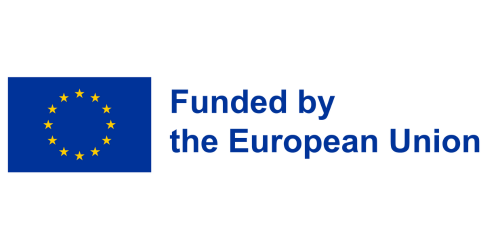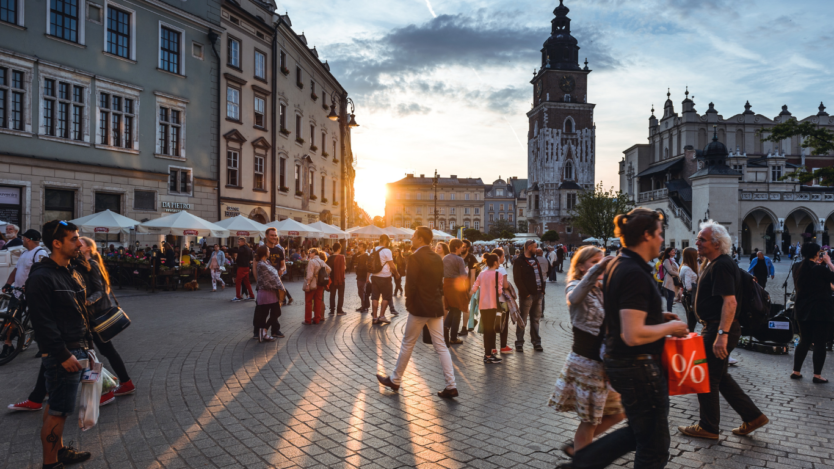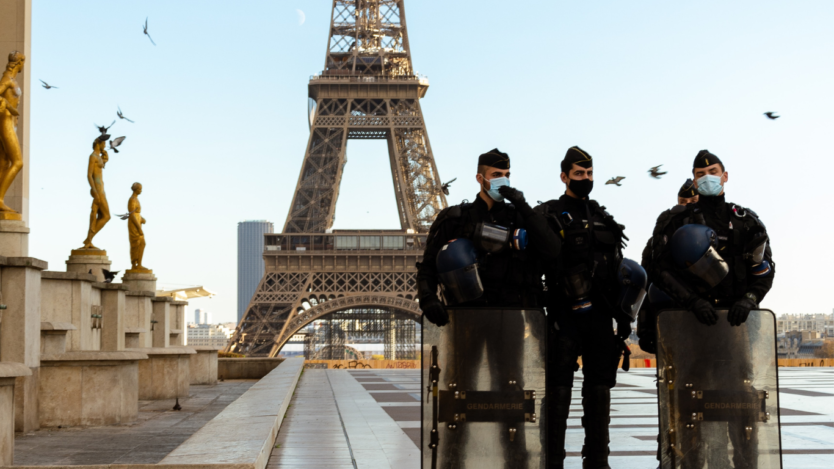Three months ago, the second European Commission under Ursula von der Leyen’s leadership took office. While, five years ago, the idea of a geopolitical commission was above all an expression of ambition, for this mandate it has become a necessity in light of the grim realities the EU faces in every direction. Russia’s war of aggression in Ukraine, its hybrid attacks on the EU’s member states and neighbours, the increased assertiveness of China regionally and multilaterally, and the war in Gaza and the resulting tensions throughout the Middle East are the most obvious and visible challenges. Many others can be added, from coups and conflicts in Africa to tensions in the Indo-Pacific, stalemate in the Balkans, and the fragilisation of the South Caucasus and Central Asia.
Significant progress has been made. Security is now a top priority of the European Commission and of the 2024–29 Strategic Agenda set by the European Council. Common spending on defence research, production and equipment has become almost commonplace. The Strategic Compass, adopted in 2022, provides a framework for the strengthening and better coordination of EU defence capabilities.
All this is necessary and welcome. But let us not forget that there is another compass, just as important if not more so, which underpins the work of the EU. It is based on Article 2 of the Lisbon Treaty, which lists the fundamental values that should guide the work of the EU, and complemented in subsequent articles that set out how these values should be promoted and safeguarded internally and externally.
It is useful to recall this fundamental framework at a moment when the EU special representative for human rights, Olof Skoog, is about to leave his post to become deputy secretary general and political director of the European External Action Service (EEAS). Since the first one was appointed in 2012, the special representatives have played an essential role in promoting human rights and democracy across the world, supporting EU delegations and complementing the work of the EEAS and the European Commission services.
EU's fundamental values as pillars of security and stability
Pursuing this agenda is not an optional extra: it is a core responsibility of the EU and its institutions, described in some detail in Article 21 of the Lisbon Treaty. It goes hand in hand with support to economic and social development as well as the promotion of rules-bound multilateral cooperation.
This is also an agenda that makes eminent sense for the security and well-being of the people of Europe. Building more stable and prosperous societies is the best way to safeguard and promote the EU’s economic and security interests. The political, economic and security dimensions complement each other.
Well-governed countries are more likely to reap the benefits of the ambitious EU Global Gateway agenda. In the absence of stable institutions and transparent governance, local and foreign economic actors are less likely to invest, reducing the prospects for economic growth and job creation. And without these institutions, alongside the right to speak out, people are more likely to seek their future elsewhere, often through hazardous migration paths to Europe.
Democracy and respect for fundamental freedoms are thus strategic interests for the EU. Authoritarian governments can pose a direct threat to the security and stability of European societies: witness Belarus (not to speak of its big neighbour) or Tunisia.
EU's role in defending fundamental values
The EU has often been criticised for focusing too much on civil and political rights to the detriment of economic and social ones. There is some truth to this but a well-crafted agenda, developed through dialogue with partner countries, can and should address both dimensions. Inclusiveness is important not just in political governance but also to ensure a fair distribution of the benefits of economic growth.
Just as the EU seeks to safeguard, promote and even enforce respect for fundamental values and principles of governance internally, it should reach out and work with external partners to help them live up to their commitments in this regard, in particular under the UN Covenants for Civil and Political Rights and Economic, Social and Cultural Rights.
The EU has the means to do this. It can use not only the dedicated cooperation instruments and governance envelopes in bilateral programmes but also the robust conditionality in, for example, the Generalised Scheme of Preferences Plus (GSP+) for trade promotion and the general framework for macro-financial assistance. It can put these to good effect, as it has in Bangladesh and Cambodia with GSP+ and in macro-financial support to Moldova, Ukraine and the Western Balkans. It should also make better use of the human rights clauses in third country agreements.
Or the EU can decide to forego any meaningful leverage, as in the recent cases of the migration pacts with Egypt, Tunisia and other Mediterranean countries. Or, worse, it can choose to look the other way in instances of gross and evident violations of international law.
Scarred by history, Europe has an evident interest in maintaining effective multilateralism in the face of the return of rival spheres of influence. The EU has multilateralism in its genes: it is what it is built upon, part of its identity vis-à-vis partners around the world and a preferred way to build durable, consensual solutions to common global challenges. As a union built on law the EU also has an obvious interest in defending the international legal order as embodied by the International Court of Justice, the International Criminal Court and other specialised bodies.
Working with the established multilateral institutions, the UN foremost among them, has become even more important as the existing framework is violated by Russia, questioned by China and, more recently, wrecked by President Donald Trump’s United States. The EU shares this interest with the countries of the Global South; standing up for the cooperative, rules-bound international order – as Kaja Kallas, the EU’s high representative for foreign affairs, just did at the G20 foreign ministers’ meeting in South Africa – thus also offers it the opportunity to build or rebuild alliances with like-minded actors across the world.
A way ahead
So what should we expect from the EU, if it is to live up to its commitments under the Lisbon Treaty? Here are six key steps it can take:
- Appoint a new special representative for human rights and democracy, highlighting the full remit of the mandate, working hand in hand with all EEAS departments and in close coordination with all relevant European Commission services.
- Take a more assertive approach to human rights and governance issues in exchanges with other countries, including close partners, and make use if necessary of the human rights clauses in cooperation and association agreements.
- Use proactively relevant existing instruments, like GSP+ and macro-financial assistance, to encourage better governance and greater respect of fundamental rights.
- Maintain the current, dedicated budget envelope for democracy and human rights, with increased flexibility, in the next Multiannual Financial Framework.
- Reserve for governance support a small envelope of 2–4% of the budget allocation for the EU Global Gateway as well as more substantial ones in the regional and bilateral cooperation budgets.
- Include systematically rights and governance issues as determining criteria in any large cooperation package, such as the recent migration pacts with Tunisia and Egypt.
The EU must treat the promotion of fundamental rights and democratic governance as a strategic interest on a par with economic and security considerations. Rights are worth little without inclusive economic progress, but the fair sharing of that progress can only be assured through transparent and accountable governance. Without these, people might seek other means to overturn order and oust their leaders, or they will leave their country. In either case, the destabilising effects will carry a heavy security cost for Europe.
Author
Christian Leffler was Deputy Secretary General responsible for global issues from 2015 until his retirement in March 2020. He started his career in the Swedish Foreign Service in 1980. After joining the European Commission in 1996 he served in various services and Cabinets until he became Managing Director for the Americas in the newly established EEAS in 2010.
Since he retired Christian Leffler is active on governance and democracy issues, as a member of the board of governors of the European Endowment for Democracy as well as the advisory boards of International IDEA and the European Partnership for Democracy (EPD). He was educated at UWC Atlantic, LSE and the Graduate Institute of International Studies, Geneva.
This publication was produced with the financial support of the European Union. Its contents are the sole responsibility of the authors and do not necessarily reflect the views of the European Union.
Photo credit: © European Union 2024 – Source : EP





